Under the EIP, introduced in 1989, quotas are set for flats owned by each racial group in an HDB block or neighbourhood to avoid concentrations of any ethnic group. When a limit is reached, there can be no further sale of flats to the affected group, unless the seller and buyer are from the same ethnic group.
Minister for National Development Desmond Lee has repeated the need for the Ethnic Integration Policy (EIP) remaining an “important” part of combating racism and building racial harmony as it ensures “inclusive and diverse neighbourhoods” preventing ethnic concentrations to form in different areas, while noting that some owners may face difficulties selling their flats with these limits.
After studying various ideas, including giving grants to households who have to sell their flats at significantly lower prices, he said the "most feasible" option would be to buy back the flats.
Minister for National Development Desmond Lee explained that this is not a decision the government make lightly, because it requires significant government resources. But the government believe it is the right thing to do, because the EIP is good for Singapore, helping to foster a more cohesive society.
This includes owners who bought their flats from HDB and the resale market, regardless of whether the flat was EIP-constrained at the time of purchase. HDB and the Ministry of National Development said requests will be assessed on a case-by-case basis, considering criteria such as whether they have fulfilled the Minimum Occupation Period and owned the flat for at least 10 years.
Owners should also have made regular genuine attempts to sell their flat over a continuous period of at least six months at a reasonable asking price while constrained by one or more EIP limits.
To set a “reasonable asking price”, sellers can take reference from recent transaction prices for flats located within 200m of theirs, and make adjustments to account for attributes such as storey height and orientation.
In addition, owners should keep monthly records of their marketing attempts throughout this period and submit them to HDB when seeking assistance. These records include online or print property listings detailing the asking price and listing date, and records of flat viewings.
“EIP-constrained flat owners who do not fulfil these criteria, but who face extenuating circumstances, may seek special consideration from HDB,” said the release.
HDB will then determine the buyback price and make an offer for the flat at a fair price,” said the authorities. Flat owners have up to three months to decide if they want to accept the buyback offer. If they reject it, they will not be eligible for the assistance for 12 months after the offer lapses. The flats bought back by HDB will become part of its housing stock and be offered for public sale again through the Sale of Balance Flats exercises or open booking.
As with all flats sold through Sale of Balance Flats exercises or open booking, HDB will apply a significant subsidy to the assessed market value of the flat to determine the sale price. After that, a household’s eligibility to book the flat will depend on the prevailing ethnic proportions in the block and neighbourhood when they are invited to select a flat.
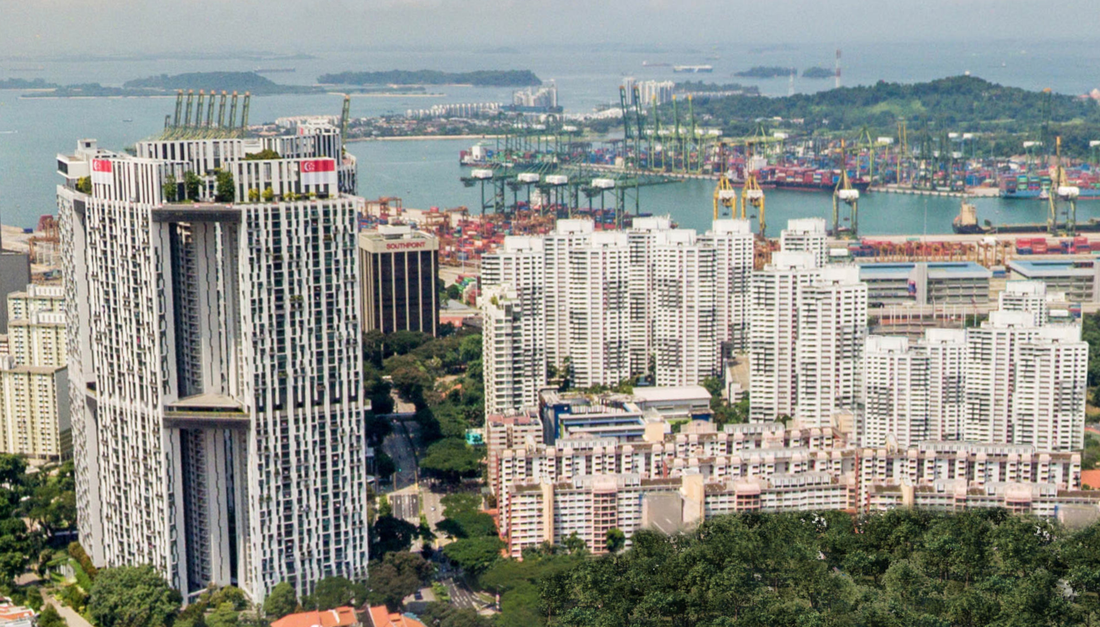
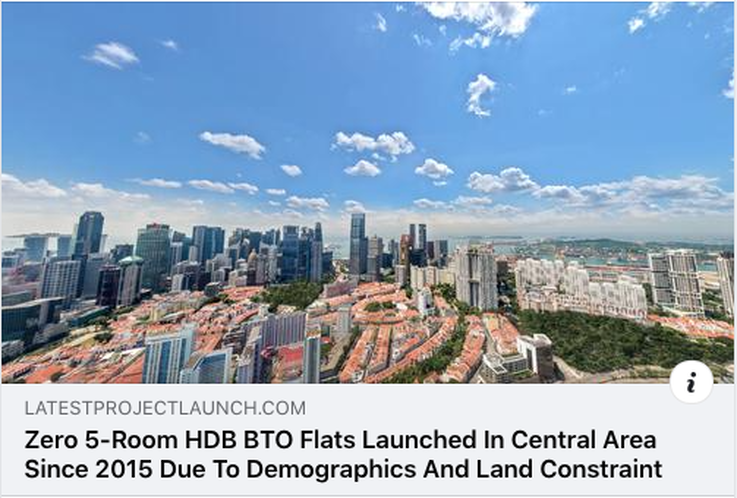
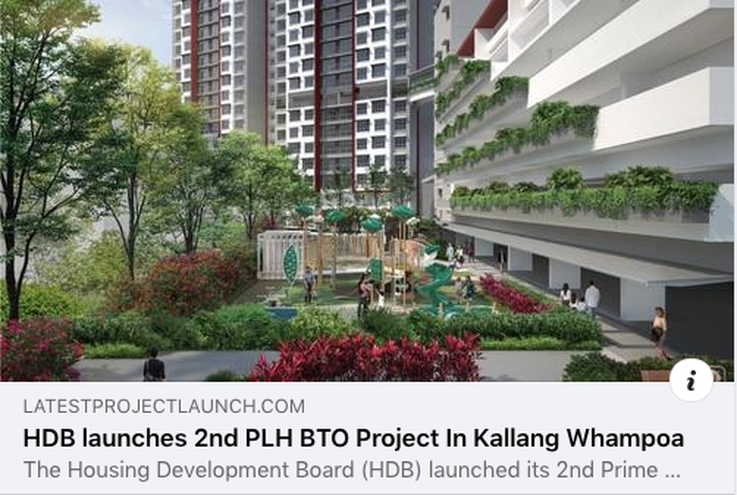
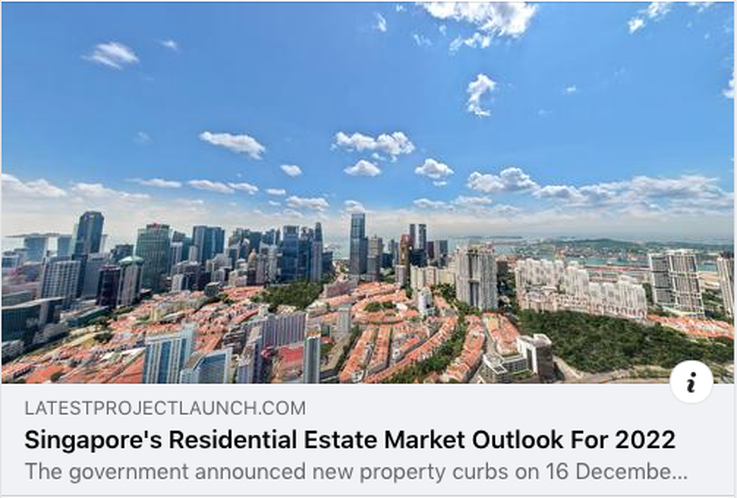
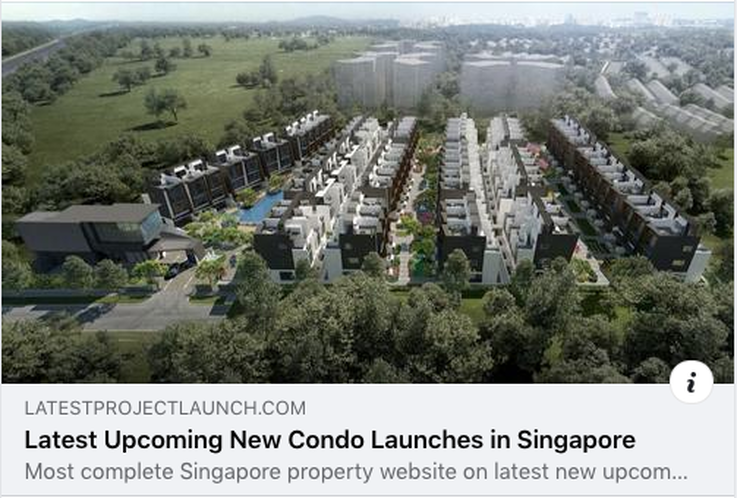
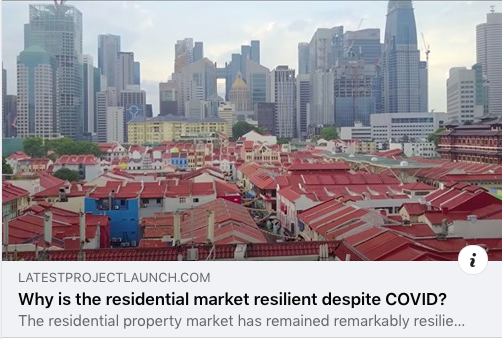
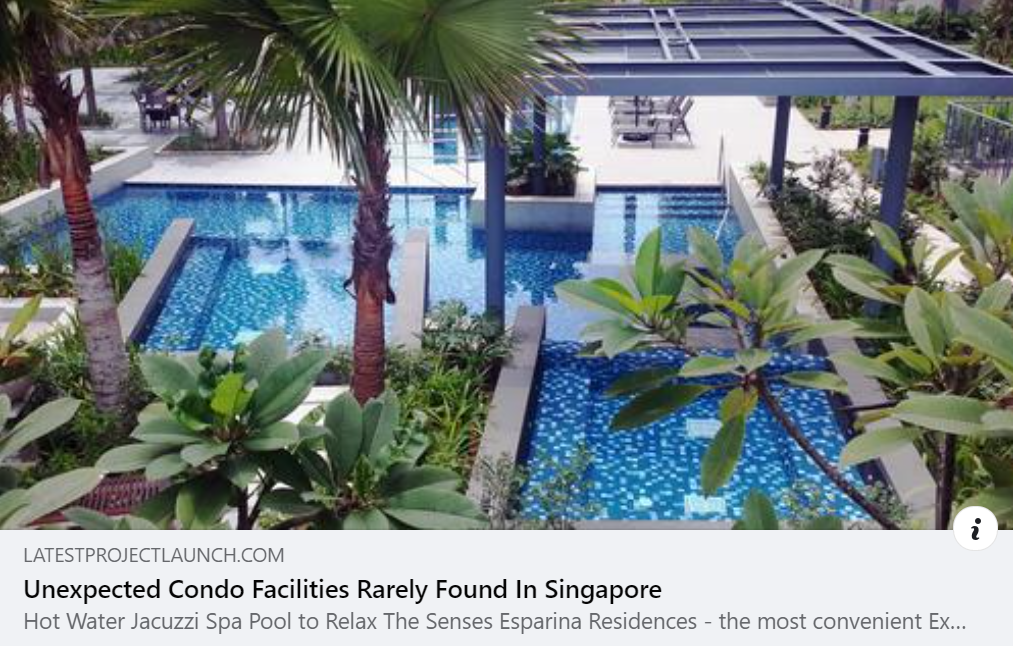
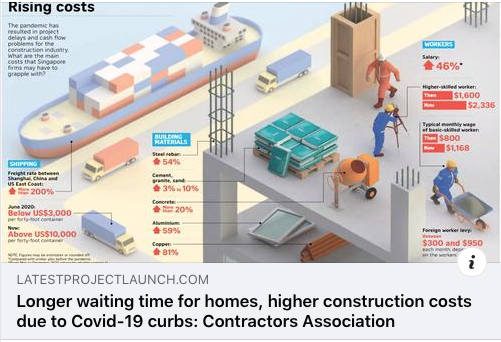



 RSS Feed
RSS Feed
